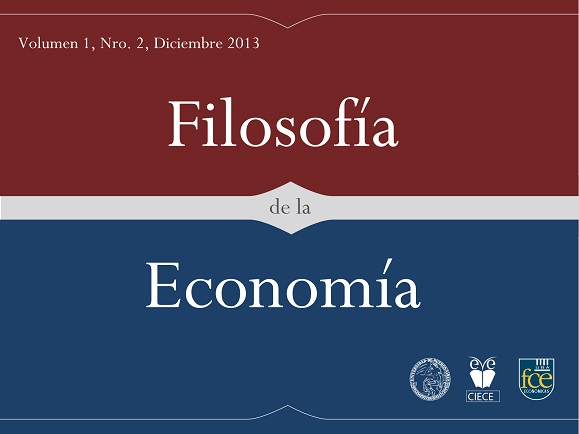Social Policy Without Invariance
Resumen
Invariant knowledge is widely considered an effective tool for social policy implementation. This approach is associated with a mode of thought that presupposes (at least) two assumptions: (1) that there exist stable causal factors, and (2) that only one kind of intervention - ex-ante - is relevant for an effective implementation. This paper presents a critique to these assumptions. In particular, it is shown that social processes do not fit the logic of stable causal factors, but they are more suited to the logic of "open-ended-results". On the basis of this ontological variation it will be argued that more than knowledge of invariant factors, the support for an effective policy must be sought in the blueprint constraints and in the possibility of their being satisfied in the target system. Furthermore, it will be shown that permanent interventions are more appropriate than ex-ante interventions for the social realm.
Los autores que publican en esta revista están de acuerdo con los siguientes términos:
- Los autores conservan los derechos de autor y garantizan a la revista el derecho de ser la primera publicación del trabajo al igual que licenciado bajo una Creative Commons Attribution License que permite a otros compartir el trabajo con un reconocimiento de la autoría del trabajo y la publicación inicial en esta revista.
- Los autores pueden establecer por separado acuerdos adicionales para la distribución no exclusiva de la versión de la obra publicada en la revista (por ejemplo, situarlo en un repositorio institucional o publicarlo en un libro), con un reconocimiento de su publicación inicial en esta revista.
- Se permite y se anima a los autores a difundir sus trabajos electrónicamente (por ejemplo, en repositorios institucionales o en su propio sitio web) antes y durante el proceso de envío, ya que puede dar lugar a intercambios productivos, así como a una citación más temprana y mayor de los trabajos publicados (Véase The Effect of Open Access) (en inglés).

